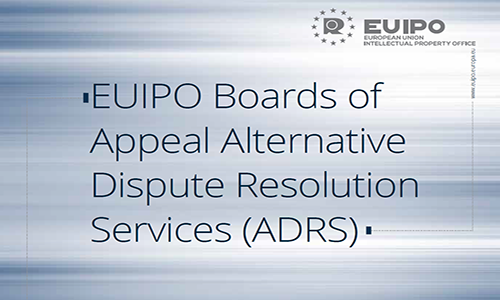One year of our mandate and of the pandemic: message by Apostolos Tzitzikostas, President of the European Committee of the Regions and Governor of the region of Central Macedonia to the Members

Dear Members of the European Committee of the Regions, dear colleagues, dear friends,
The first year of our mandate has coincided with one of the most difficult periods the European Union has faced in recent years. Over the last twelve months, the COVID-19 pandemic swept across Europe.
It has forced us to restrict the lives of our people and introduce other urgent unprecedented measures. This dreadful virus has tragically taken almost 600,000 lives in the European Union and 2.5 million across the world. It has destroyed millions of European livelihoods.
Throughout these difficult times, our Committee never stopped working. We managed to play a key role in voicing the needs of the EU’s 1 million regional and local elected politicians. Together, we have strived to keep the promise we made at the beginning of our mandate: to ensure the EU best serves our people living in our regions, cities and villages.
When the pandemic first hit, we put together an Action Plan and launched our COVID-19 exchange platform.
We set our political compass based on three political priorities for 2020-25.
We launched our first ever regional and local Barometer and discussed it with Chancellor Angela Merkel and the President of the European Commission, Ursula von der Leyen.
We opened a new era of concrete cooperation with the European Commission on the Green Deal, Migration, as well as Research and innovation.
We welcomed the Mayor of London for the first time to discuss Brexit.
We joined forces with the World Health Organisation and with the OECD.
We launched a High Level Group on European democracy, chaired by Herman Van Rompuy, to prepare our contribution to the upcoming Conference on the future of Europe.
We held our first ever hybrid and online plenary sessions and managed to swiftly introduce and use new technologies to continue our work.
We continue to place cohesion as a fundamental value at the centre of the European project.
None of this would have been possible without the energy, commitment and strong will of each and every one of you.
I would like to express my sincere gratitude for what you have done for our Committee, our communities and for Europe.
I want to thank every political family and national delegation for their constructive approach.
I am also grateful to our highly committed staff for their great work during this difficult year.
As the crisis has clearly shown, our Union’s foundations lie in our local communities and individuals, supported by public investment and served by local and regional governments.
As local leaders, our responsibilities are great – from running health services and schools to providing social services – even when our resources are limited.
We have found new ways to encourage research, support businesses, adapt the local economy, and work with civil society. We have been fighting side by side with doctors and nurses.
The months ahead will continue to be difficult for all of us, but there is light at the end of the tunnel if we work in solidarity and strive for a smooth and comprehensive vaccination campaign.
Europe must emerge from this crisis more resilient and formally recognise the central importance of local and regional administrations. We are a cornerstone for the health, prosperity, resilience and vibrancy of our local communities.
To restart Europe together we must strengthen its foundations: EU regions, cities and villages. Trust will pull us through this crisis, and for our citizens we are the most trusted level of government and the ones that best understands their needs. Decisions must be taken as close as possible to the people, and we – regionally and locally elected leaders of Europe – can make this happen.
We must ensure that EU funds are used effectively to help the recovery of our local communities. We must invest time, resources and our political capital into forging policies that manage the fundamental societal transformations that we face. COVID-19 is one of those transforming forces. So too are the climate crisis, the digitalisation of our economies and demographic evolution.
We must improve our communities’ ability to recover from shock and adapt to change and make them more resilient. We must enhance the democratic functioning of our political institutions – locally, nationally and at the European level – to build together our common House of European Democracy and make sure our European project emerges strengthened from this crisis.
Our common home – the European Committee of the Regions – will continue to be at the forefront of this fight, and I am sure I can count on your support, commitment and enthusiasm. We will continue to work shoulder to shoulder as that is how we will overcome the challenges today, and tomorrow. Together we must continue our work to reunite, rebuild and restart Europe. This is how we will bring Europe closer to people.
Together, united.
Apostolos Tzitzikostas,
President of the European Committee of the Regions
and Governor of the region of Central Macedonia



